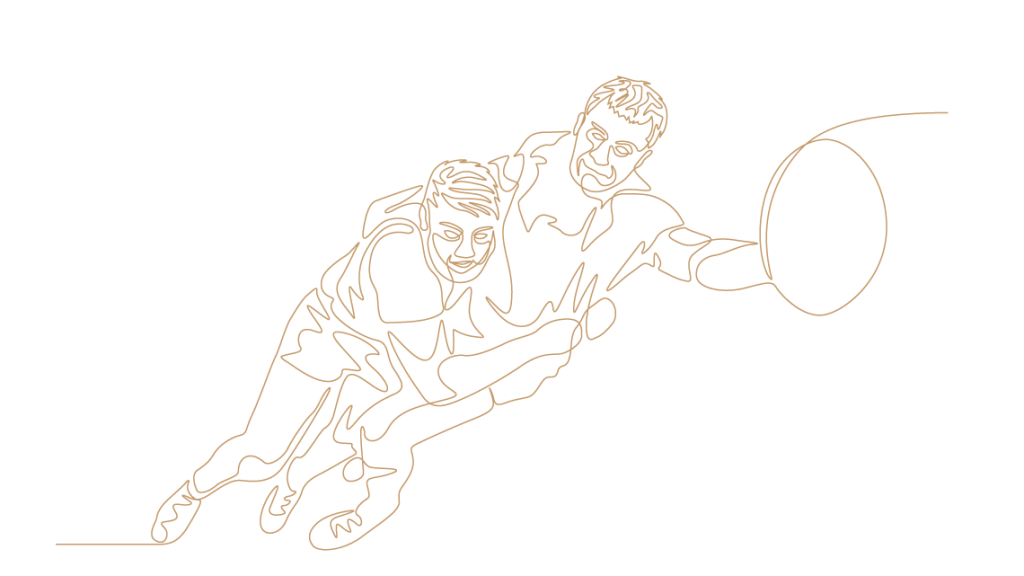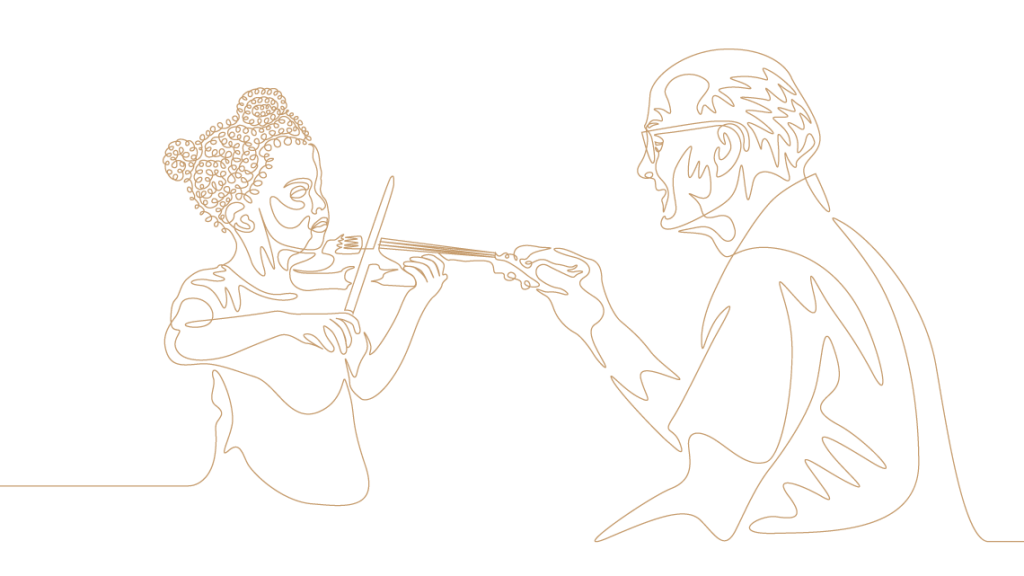Sample Chapter 1
Faith shapes your world
And it’s certainly not what you think it is

It’s all about your life
From “Faith Tech” by David M. Taylor.
Your story began before you were born. The history of your people shaped your social inheritance. Your ancestors’ migrations and marriages contributed to your genetic inheritance. Laws and wars, stories and songs all contributed to the culture and country into which you were born.
In the womb, you were already sensing your mother’s hopes and fears and reacting to the emotional atmosphere around her. From the day you took your first breath, your body and mind were being shaped by food, touch and other sensory experiences. In time, friends and teachers were all adding their influences and shaping your development, making you who you are. But there is one factor that has been shaping your life in more ways than you can imagine. I am talking about faith.
Faith has been there since before the beginning; shaping the world, nations, tribes, families and individuals – like you – whether or not you knew it. Most of the time, faith is taken for granted. People enjoy its many benefits without giving it much thought. At the same time, in modern life, faith is often marginalised or patronised, mocked and even ridiculed. We pity those whose faith has failed them or fear the perverted faith of fanatics. And when we confuse faith with deceptive religion, we conclude that it is not worth a second thought.
But what if faith is not what many think it is? Rather than the stubborn adherence to a belief system without evidence, faith is actually a spiritual technology. Like most types of technology, you don’t need to know how it works to use it. But the more you understand the functions, the more powerful you become as a ‘user’.
Technology is all about solving practical problems in the world. Technologies improve as we tweak and tinker, assess and try again. We notice patterns, conduct experiments and then return to the drawing board with a better plan. Each generation builds on the findings of the past, expanding our understanding of the world and allowing us to multiply our efforts to make life better for everyone. Faith is a similar dynamic methodology. It is the connection that we establish to different dimensions and the means by which we explore them. By faith we can discover tools and principles and build on the discoveries of those who went ahead of us.
It’s everywhere
Without faith there would be no invention, innovation, social transformation or cultural development. There would be no sports, arts or literature. Many people think that faith is a crutch for people who can’t reason well. However, people of faith made fundamental contributions to the philosophy and science that shaped our modern world. In this book, we will see this in the lives and work of intellectual giants such as Francis Bacon, René Descartes, George Boole and Blaise Pascal.
Some readers may be wary of any talk of faith, because they equate it with religion, which they think is a cause of narrow-mindedness, hypocrisy and violence. Nevertheless, faith and religion are quite different. Although religion can comfort us with old traditions, faith can connect us with someone called ‘the comforter’. Religion tends to focus on some past ideal, faith, on the present and future. Karl Marx claimed that religion is the opiate that makes people indifferent to oppression and injustice. But faith has often driven people to confront corrupt establishments and been an enabler of heart-level transformation. So the question is not whether you were hurt or disappointed by religion, but whether you have the faith to make a difference.
It’s not about religion
Faith and religion do have some things in common. For example, the Christian faith and the Christian religion share the same source texts. Over the centuries, the 66 books of the Old and New Testament have led millions into faith encounters. Finding their inner worlds powerfully transformed by the faith they discovered in the Bible, many were willing to sacrifice everything for this source of faith. Governments banned it, but people smuggled it and spent their lives studying or translating it. Many were beaten harshly or imprisoned for simply owning or sharing it. Faith seems to impart a surprising level of inner strength, which forces us to wonder why so many people treat it as a last resort. However, faith is not just something to consider when all other options have failed or for when the doctor tells you to put your affairs in order. Faith is a tremendous technology in such extreme situations, but as with any life-saving technique, you need to learn it before you need it.
On the other hand, faith is not just a technology for extreme situations. It can empower your daily life and relationships, allowing you to multiply your effectiveness in natural and supernatural ways.
Once you learn to use faith to tap into divine resources, you will start to experience a new dimension of reality. What seemed impossible will suddenly appear quite reasonable because spiritual faith allows you to access spiritual assistance. I know this to be true, for I have experienced it many times. I am an eyewitness of many miracles – and not just a witness. Often my faith was involved. So, in this book, I will take you to Zurich in 1996 when a cyst on my lower lip forced me to make a critical decision. In Pakistan in 2012, we will meet Monica who had been suffering for twelve years from a scabby scalp, and Sonia who had just heard that her baby was missing half a brain. In South Carolina, we will meet Peter and Karen who wanted help getting over severe rejection from a church and meet Wayne1 who had a lazy eye until he was overcome by the love of God. In a forgotten corner of Zimbabwe, we will meet a blind man called Evermore …. Finally, you will be introduced to Neil and Rosie2 in Switzerland. They were fed up with fake Christians and desperate to experience authentic faith.
Please share this post to your social media
See more samples from the book
2: By patterns not definitions
We don’t begin life with classes on biochemistry: we drink milk. We don’t start learning about gravity from Newton’s laws: we fall over. We play catch before we study the equations of motion. In other words, we learn via sensations and experiences.
3: Familiar faith and hope
When we talk about faith, people are rarely neutral. For some, faith is the enemy of science that must be eradicated to achieve global peace and prosperity.
11: Multiplying and mobilising
When we talk about faith, people are rarely neutral. For some, faith is the enemy of science that must be eradicated to achieve global peace and prosperity.
Footnotes
1 Names are changed when the testimony is of personal or intimate nature. Otherwise real names and places are used.
2 Names changed.



